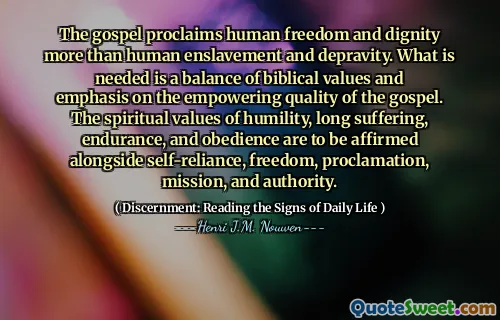It is easy, out of laziness, out of weakness, to throw oneself into the lap of deity, saying, 'I couldn't help it; the way was set.' But think of the glory of the choice!
In "East of Eden," John Steinbeck explores the theme of personal responsibility versus the influence of fate. He highlights a common tendency for individuals to attribute their failures or misdeeds to external circumstances, citing weakness or laziness as reasons to avoid accountability. This passivity, he argues, allows people to seek comfort in the idea that they had no control over their path. Yet, Steinbeck emphasizes the power and beauty of making conscious choices. He suggests that embracing agency and responsibility is a source of true glory. Instead of surrendering to fate, the act of choosing one's path defines the human experience, underscoring the importance of individual decisions in shaping one’s destiny.
In "East of Eden," John Steinbeck explores the theme of personal responsibility versus the influence of fate. He highlights a common tendency for individuals to attribute their failures or misdeeds to external circumstances, citing weakness or laziness as reasons to avoid accountability. This passivity, he argues, allows people to seek comfort in the idea that they had no control over their path.
Yet, Steinbeck emphasizes the power and beauty of making conscious choices. He suggests that embracing agency and responsibility is a source of true glory. Instead of surrendering to fate, the act of choosing one's path defines the human experience, underscoring the importance of individual decisions in shaping one’s destiny.




